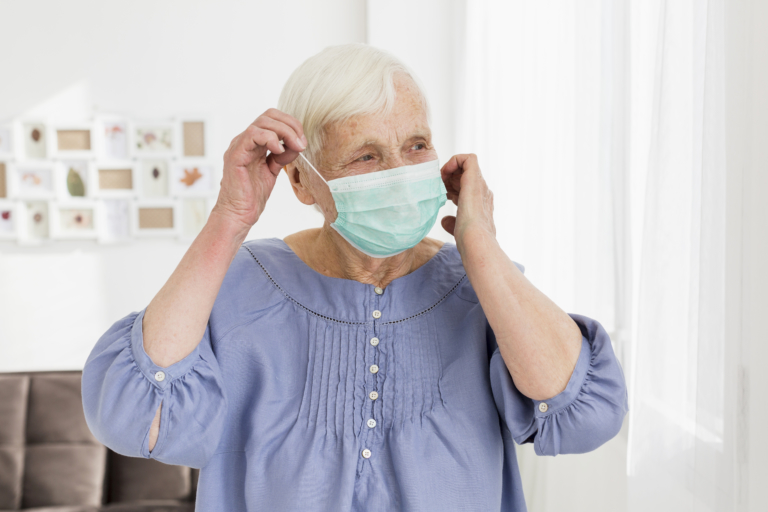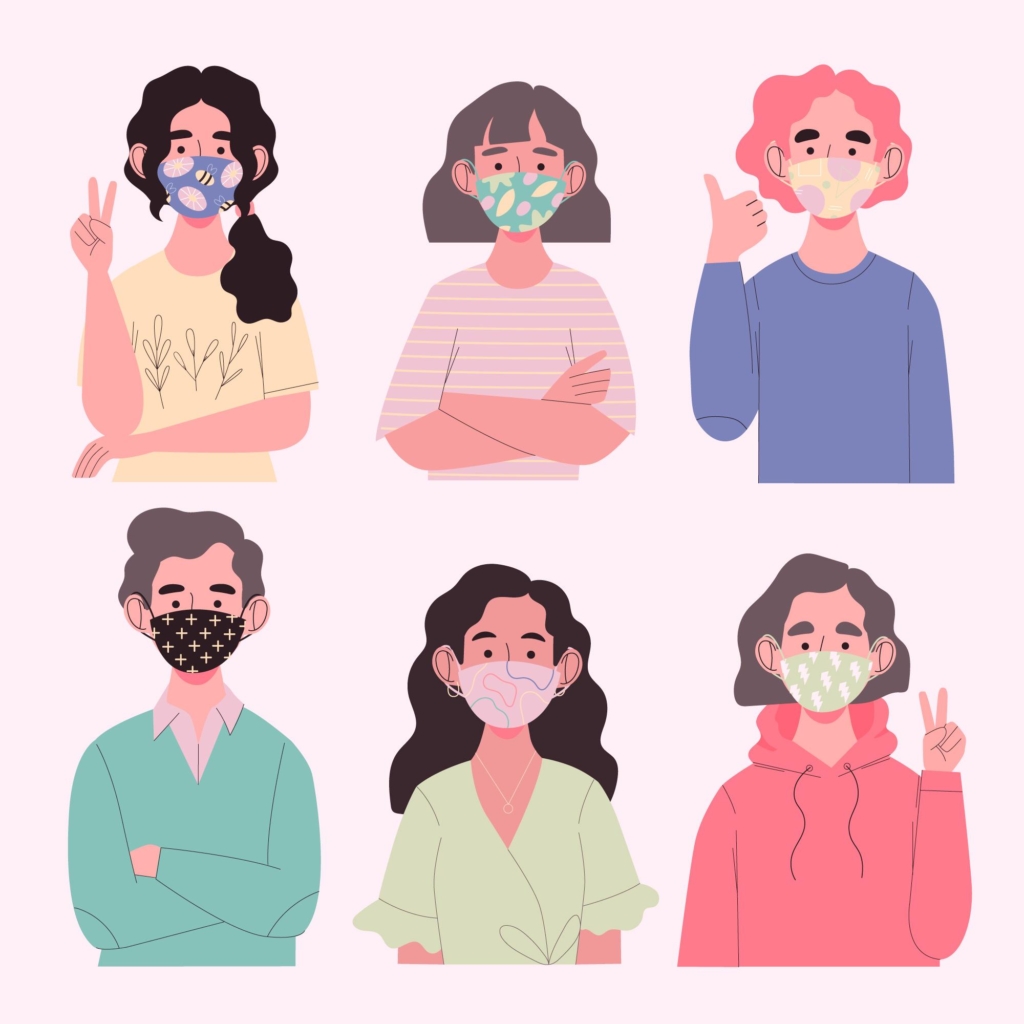Due to the pandemic, face masks saw a huge upsurge in demand and have become an essential item as personal protective equipment. Beyond that, masks have become a mainstay as part of our attire when we step outdoors. While there is a raging and constant debate about the need for masks, the CDC ubiquitously recommends wearing masks to protect ourselves and help prevent the spread of the SARS-CoV-2 virus.
However, with the addition of masks, our daily lives have changed in some evident and some subtle ways. Let us examine how masks affect our daily life.
Some of the positive effects include the following:
- Masks as protection
Cloth face masks made of light and breathable fabrics are used by the general public to control the spread of the SARS-CoV-2 virus and to ensure that there is no dearth of surgical masks for healthcare professionals and frontline workers. The CDC states that, although a cloth mask does not prevent exposure to the virus completely, wearing a mask ensures the slow or controlled spread of the virus. The best part about using a cloth mask is that it can be washed and reused. Apart from protecting the users from the virus, face masks also provide effective protection from pollution.
- Mandatory use of masks
To control the pandemic, it is important to wear a mask in crowded public spaces, where the risk of contracting the virus is high. Most countries have made it mandatory to wear masks in public spaces. It is now everyone’s duty to wear a mask before leaving their house. From shopping malls and supermarkets to local grocery stores, all places now have signs to ensure that only people with masks can enter the space. However, people who violate the rule and forget to wear masks are questioned and fined, with countries such as Germany fining violators up to 5000 Euros for not wearing masks.
- Masks as fashion accessories
As face masks have become a part of daily life, people are making a fashion statement with their masks and wearing them as accessories. Matching masks with clothes of different colors and materials, people now even wear embellished and decorative masks suitable for different festivals and occasions. The market for designer masks is shaping up with the increase in demand, ensuring that more and more people wear masks.
On the flipside, there are some negative aspects that follow wearing masks on a daily basis.
Using masks continuously throughout the day can cause the wearer discomfort and physical side effects, reported mainly among medical and science professionals. According to a study conducted on 158 healthcare professionals during the pandemic, about 80% of the subjects experienced headache due to prolonged usage of face masks. Moreover, because exhaled air contains more carbon dioxide than inhaled air. Wearing masks for long durations can cause carbon dioxide build-up in the breathing region of the mask. This can be detrimental to people with existing respiratory conditions such as bronchitis and asthma. And long-term use of masks can worsen existing conditions and further impair respiratory function, causing other health problems and co-morbidities such as fatigue and heart conditions. Apart from this, face masks can cause dermatitis, rashes, itchiness, and redness around the mouth due to the accumulation of sweat, saliva, or water vapor where the mask touches the skin. Moreover, wearing face masks cause glasses to fog up, reducing visibility and increasing the risk of discomfort and accidents.
- Masks when worn by infected people:
When people infected by the virus wear a mask, there is a risk that the virus load within the mask can increase dramatically as the virus is trapped and thus keeps circulating within the breathing region. Furthermore, the air exhaled through a face mask often reaches the eyes and increases the chances of people touching their eyes. This can result in infection if the wearer’s hands are contaminated.
- Psychological effects:
Wearing masks can give people a false sense of security, giving them freedom to misbehave and be non-compliant to control measures. The use of masks covers the lower half of the face, which is essential for communication, understanding emotional states, and recognizing faces. Therefore, wearing masks impairs face recognition and identification, affects speech/language and communication, and prevents emotional signaling among people. Those with disabilities, who rely on the physical and emotional cues, may be at a disadvantage due to masks.
As the quintessential polarizing product and despite their advantages and negative aspects, masks have surely but subtly changed our daily lives to a point where we cannot imagine leaving our homes without wearing one. As long as the pandemic continues, masks are going to remain an essential part of our lives. Visit Pipeline Medical for more information about face masks.

